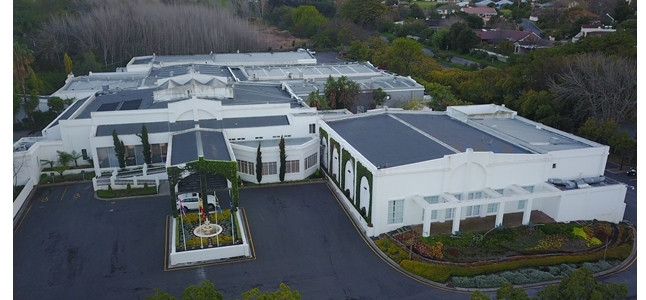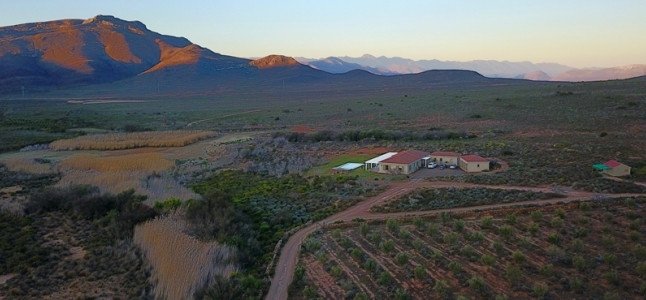
One of the ways that I like to spend my free time is flying my drone, a Mavic Pro, says Martin Pienaar, COO of Mindworx. Drone technology is now reaching the mainstream thanks to improved battery technology, GPS improvements, and cameras and sensors getting cheaper and more efficient. While flying around a conference in the Cape recently, where I was speaking on the topic of the fourth industrial revolution's impact on jobs, I started to think about the plethora of new jobs that drones are creating, which is about to explode!
Since we are on the cusp of a technology revolution, it's natural for us to be concerned about machines taking our jobs. I would like to argue that for most jobs, that is still many years off. I am much more excited about the possibility of machines making product innovation and operational efficiencies possible on a very new scale (and also, hopefully, freeing up some spare time in our hectic lives).
The technology is not something new that amateurs like myself are using to spy on my neighbours' building projects. Commercial drones have been used by the military for decades. Now, as the price/performance curve is improving they are being used increasingly for commercial, scientific and recreation purposes. They are being used in agriculture to inspect crops and check on livestock, to combat rhino poaching, deliver medicine and supplies into disaster areas and to police borders. I just met with someone who is using drones with 3D depth-sensing cameras that take stock in a warehouse in less than two hours, a task which previously took two days.

Like all technologies, the good comes with bad and no doubt these devices are being used for nefarious purposes too, like flying drugs and other contraband into prisons and across borders.
What has driven this "sudden" coming-of-age of drone tech? While drone technology has been around for decades, the cost of use was so high that only the military could afford it for surveillance, and more recently, attack purposes. The exponential benefit of more powerful and lighter batteries, more powerful computer chips and improved sensor, camera and communication capabilities have now made this technology so affordable that the number of civilian drones now exceed military ones; estimated at over 1 million at the end of 2015.
With drones getting cheaper at one end of the scale and much more sophisticated at the other, we can expect exponential growth to follow. Rapid improvements in battery life, camera resolution and the use of artificial intelligence and machine learning will soon make the current technology seem archaic. Just like Uber and Lyft are replacing metered taxies, drones will transport humans in the near future, with a Chinese company already demonstrating this technology. Experiments are taking place to use drones to drop swarms of sterile male mosquito into breeding areas who will mate with female mosquitoes, leading to declines in numbers and of course malaria. Amazon is already disrupting logistics by using drones for last mile deliveries. We haven't begun to imagine the possibilities in fields like law enforcement.

As always with new technologies, legislators are scrambling to decide how to license these devices, insurers are pondering the impacts of accidents and theft and the naysayers are predicting the worst invasions of privacy and terrorism ever.
But on the positive, new career possibilities are starting to emerge. Drones need to be manufactured, sold, serviced and repaired - many new jobs are being created in this space. Huge opportunities exist for training drone pilots, photographers and the end-users of these vehicles. Demand for licensed drone pilots are increasing rapidly. Skills to build algorithms to spot patterns in photographs, intelligent routing, collision avoidance systems are growing. We haven't even begun to consider the data analysis possibilities being created by drones based on what they see and the paths they follow. News reporting is going to be much more exciting as drones can get into spaces that helicopters cannot.
Rather than fearing the possibility of a loss of jobs as a result of drone proliferation, I am much more excited about the probability of many new jobs, a safer life and better healthcare and disaster relief as these devices become pervasive in our lives.
Share